Performance
Empowering the Open Web: How Fastly Supports Organizations Like ToS;DR
Empowering the Open Web: Learn how Fastly supports ToS;DR, a non-profit that makes internet terms of service easy to understand and improves online transparency.
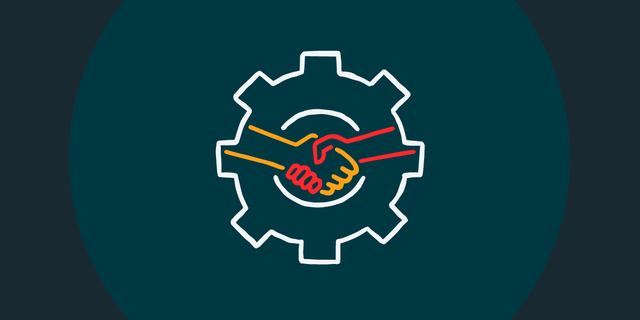
Supercharge DevOps with a Developer-Friendly CDN
Discover how a developer-friendly CDN can enhance DevOps workflows, improve performance, and deliver seamless user experiences with Fastly and Google Cloud.
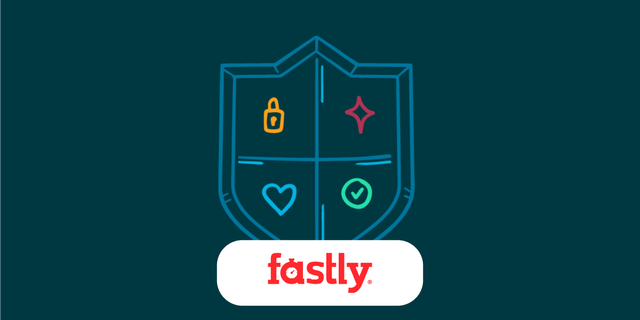
AI Innovation and Sustainability: Key Takeaways from the AI Action Summit
Delve into the highlights of the AI Action Summit in Paris, where experts addressed pressing issues in AI, including ethics, regulation, and the sustainability of technology.
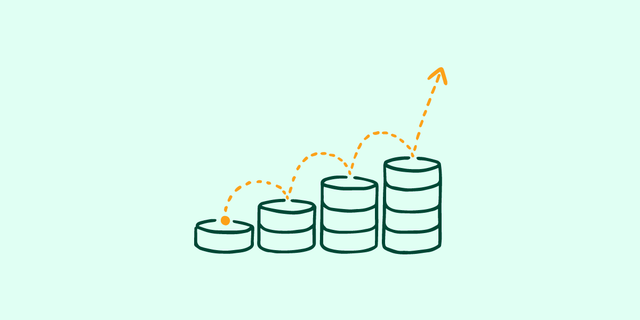
The lengthiest HTTP headers
Discover how large HTTP headers can impact your web page's loading speed. Learn about essential headers and strategies to optimize their size for better performance.
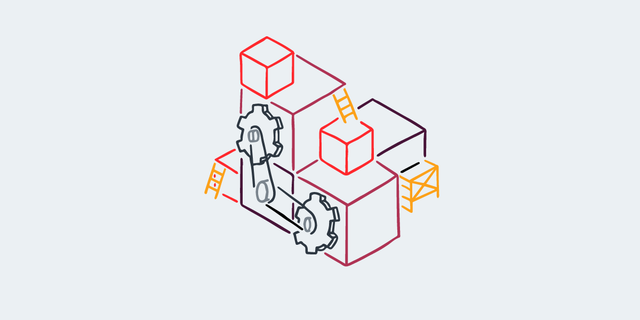
Profiling Fastly Compute Applications
Unlock superior web performance with Fastly Compute. Utilize our edge network and WebAssembly to build fast, secure applications tailored for your users.
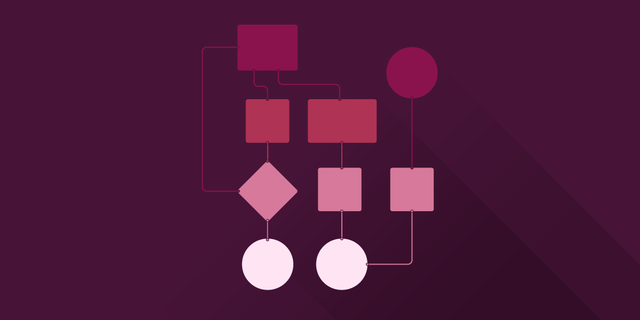
Thanks to the internet’s on-call teams
Thank you for the essential role that on-call teams play in ensuring internet reliability and security, particularly during the holiday season. We appreciate your dedication.

How to Save Christmas for Beyoncé
This Christmas, Netflix is bringing the world a Beyoncé halftime show, promising unforgettable moments - but will this massive live event go off without a hitch?

Navigating the Challenges of Online Live Streaming
Join us as we delve into the realities of live event streaming, highlighting the lessons learned from disruptions and our commitment to delivering reliable viewer experiences.
What Fastly saw on election night
Learn how voter fatigue and alternative media are changing public engagement with politics and how that impacted election night in the U.S..
Optimizing your multi-CDN infrastructure to improve performance
Learn how a multi-CDN infrastructure can, and should be, optimized for performance. Get tips from Fastly on considerations to evaluate against your current content delivery strategy.
Fastly Instant Purge™: Under 150ms for Over a Decade
Since 2011, Fastly has been able to purge content globally in 150ms, we're excited to see other vendors catch up and help create a better internet.
How to Reduce Egress Traffic Costs with a CDN
Explore the benefits of Origin Offload and how it can help you reduce egress traffic costs and more.
Three Key CDN Optimization Strategies
Enhance your organization's web and application performance by evaluating your CDN strategy. Learn about advanced caching, origin offload, and real-time insights.
A Look at Global CDN Performance in China
Learn the importance of selecting the right CDN provider for a high-speed digital experience in China.
Websites get faster when moving to Fastly
Get real-time content control, boost performance, and develop modern applications, all faster at the edge. See how Fastly stacks up against Cloudflare.

Server-sent events with Fastly
Server-sent events allow web servers to push real-time event notifications to the browser on a long-lived HTTP response.
The benefits of a modern CDN: How to boost your revenue
A modern CDN can improve availability, handle traffic surges, and distribute content -- improving the user experience and increasing engagement, leading to more revenue for your brand.
Your content management system could be so much less painful
CMSs may make the internet go, but they also come with several common challenges that companies, regardless of industry, can face. But that's where Fastly comes in.
Is purging still the hardest problem in computer science?
One of the most common reasons for customers sending support tickets to Fastly is for help with purging content from cache - either it stays too long, or doesn't stay long enough. We have the best purging mechanism of any edge network, so what's going on?
Level up your images: JPEG XL now supported by Image Optimizer
Learn more about how Fastly's Image Optimizer works with JPEG XL to significantly reduce image size without losing data or impacting performance.